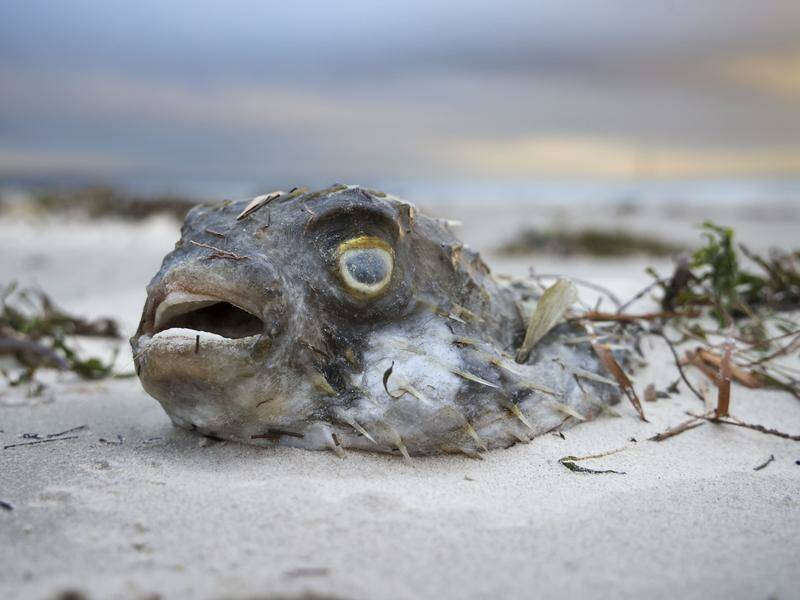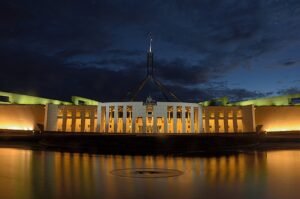
UPDATE: A critical Senate inquiry into an “unprecedented” algal bloom crisis has been officially launched, threatening Australia’s marine ecosystem. This urgent investigation follows the alarming deaths of tens of thousands of marine animals since the bloom was first detected off the Fleurieu Peninsula in March 2023.
In a rare display of political unity, Labor, the Coalition, and the Greens have come together to address this dire environmental issue. The inquiry was approved late Wednesday night, emphasizing the importance of immediate action across party lines. Nationals senator Ross Cadell stated, “Whether it be flood, drought, bushfire, or algal bloom, our communities need support, not politics.”
The crisis has prompted a robust response from both state and federal governments, who have announced a jointly funded $28 million investment package aimed at clean-up, recovery, research, and industry support. The package includes $8.5 million for a coastal science and research network, which will enhance the detection and monitoring of harmful algal species.
Earlier today, SA MP Louise Miller-Frost addressed the House of Representatives, describing the bloom as “decimating” Australia’s marine environment. “Fish, dolphins, rays, and sharks are washing up dead, murky groundwater is a concern, and we have thick foam on our beautiful beaches,” she warned. “We don’t know when or how it will end.”
The algal bloom’s unprecedented scale is linked to nutrient influx from the 2022-23 Murray floodwaters and a significant marine heatwave that began in 2024. This environmental disaster poses urgent challenges, highlighting the pressing need for climate action.
In a further commitment, Premier Peter Malinauskas announced that the SA government would match the $14 million federal commitment made by Environment Minister Murray Watt during his visit on Monday. The funds will also support a $3 million rapid assessment of fish stocks to evaluate the bloom’s impact on fisheries.
Despite the severity of the situation, Minister Watt indicated that the bloom could not be declared a natural disaster under current definitions, which would have triggered additional federal assistance for affected communities. This has raised concerns among scientists and local officials who argue for broader definitions to support recovery efforts.
Looking ahead, public forums and information campaigns will be established to ensure timely communication with affected industries. The situation remains fluid, with many awaiting further developments from the Senate inquiry and additional research findings.
As the crisis continues to unfold, the urgency for effective action and support for affected communities cannot be overstated. The outcomes of this inquiry could shape the future of Australia’s approach to environmental disasters and climate resilience.





